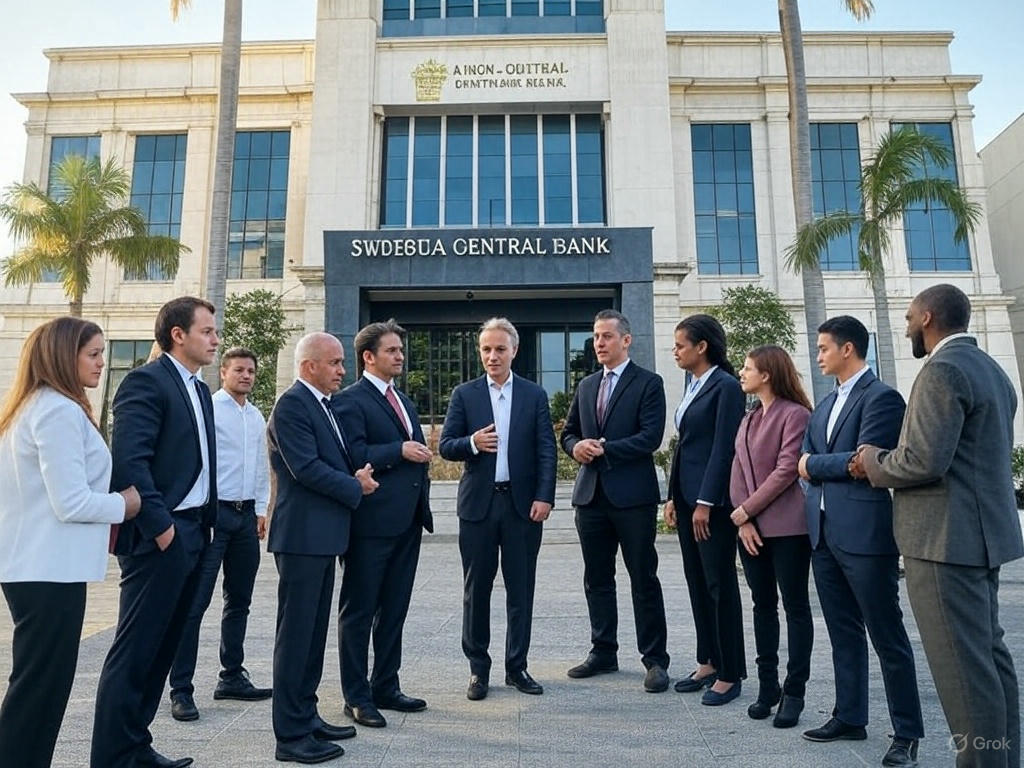On March 13, 2025, the International Monetary Fund (IMF) Executive Board completed its Article IV consultation with Antigua and Barbuda, endorsing the staff appraisal on a lapse-of-time basis without a formal meeting. The authorities are still considering whether to publish the accompanying Staff Report and have requested additional time to decide.

Antigua and Barbuda’s post-pandemic economic expansion continues. Economic activity, boosted by tourism, is estimated to have surpassed pre-pandemic levels. As the recovery matures, staff projects economic growth to moderate from 3 percent in 2025 to 2½ percent over the medium term.
Antigua and Barbuda’s economy continues its robust post-pandemic recovery. Real GDP growth reached an estimated 4.3 percent in 2024, surpassing pre-pandemic levels, fueled by a strong tourism sector and one-off events like the 4th International Conference on Small Island Developing States and the T20 Cricket World Cup. Inflation spiked in 2024 due to higher communication costs and indirect tax hikes, but underlying pressures are expected to ease. The recovery, paired with fiscal improvements, slashed public debt from 100 percent of GDP in 2020 to 67 percent in 2024. Still, gross financing needs hover near 10 percent of GDP, constrained by persistent domestic and external arrears.
Fiscal performance strengthened in 2024, with the primary balance hitting 4.6 percent of GDP—boosted by tax increases, broader economic growth, and one-time gains like a 2 percent of GDP asset forfeiture. The 2025 Budget targets higher tax revenues and capital spending. On the external front, the current account deficit shrank to 7 percent of GDP in 2024, supported by tourism receipts and lower imports, while FDI inflows held steady despite global headwinds.
IMF Staff Appraisal Highlights
The IMF projects growth to slow to 3 percent in 2025 and stabilize at 2.5 percent over the medium term as the recovery matures. The external position in 2024 was moderately weaker than ideal, reflecting fiscal and debt challenges. While 2024’s debt reduction is a positive step, clearing arrears remains critical to unlock financing options and ensure sustainability, especially given climate-related vulnerabilities. The IMF urges sustained revenue mobilization—beyond current levels, which lag regional peers—through measures like curbing tax exemptions, modernizing property taxes, and enhancing customs and tax administration systems.
Social assistance could be better targeted to reduce inefficiencies, with a unified database recommended to streamline support for vulnerable households. Fiscal transparency would benefit from publishing Fiscal Responsibility Oversight Committee reports and securing parliamentary backing for fiscal guidelines. In the financial sector, stability is solid, with recovering credit growth and manageable non-performing loans, though regional coordination and risk-based oversight of credit unions are advised.
Growth potential hinges on structural reforms to boost productivity, including improving workforce skills, financial literacy for small businesses, and customs efficiency. Risks lean downward—global uncertainty, climate shocks, and construction bottlenecks—but stronger tourism demand and reforms could lift the outlook.
Economic Snapshot (2024 Estimates)
- Real GDP Growth: 4.3%
- Inflation (period average): 6.4%
- Public Debt: 67% of GDP
- Current Account Deficit: 7% of GDP
- Primary Fiscal Balance: 4.6% of GDP




